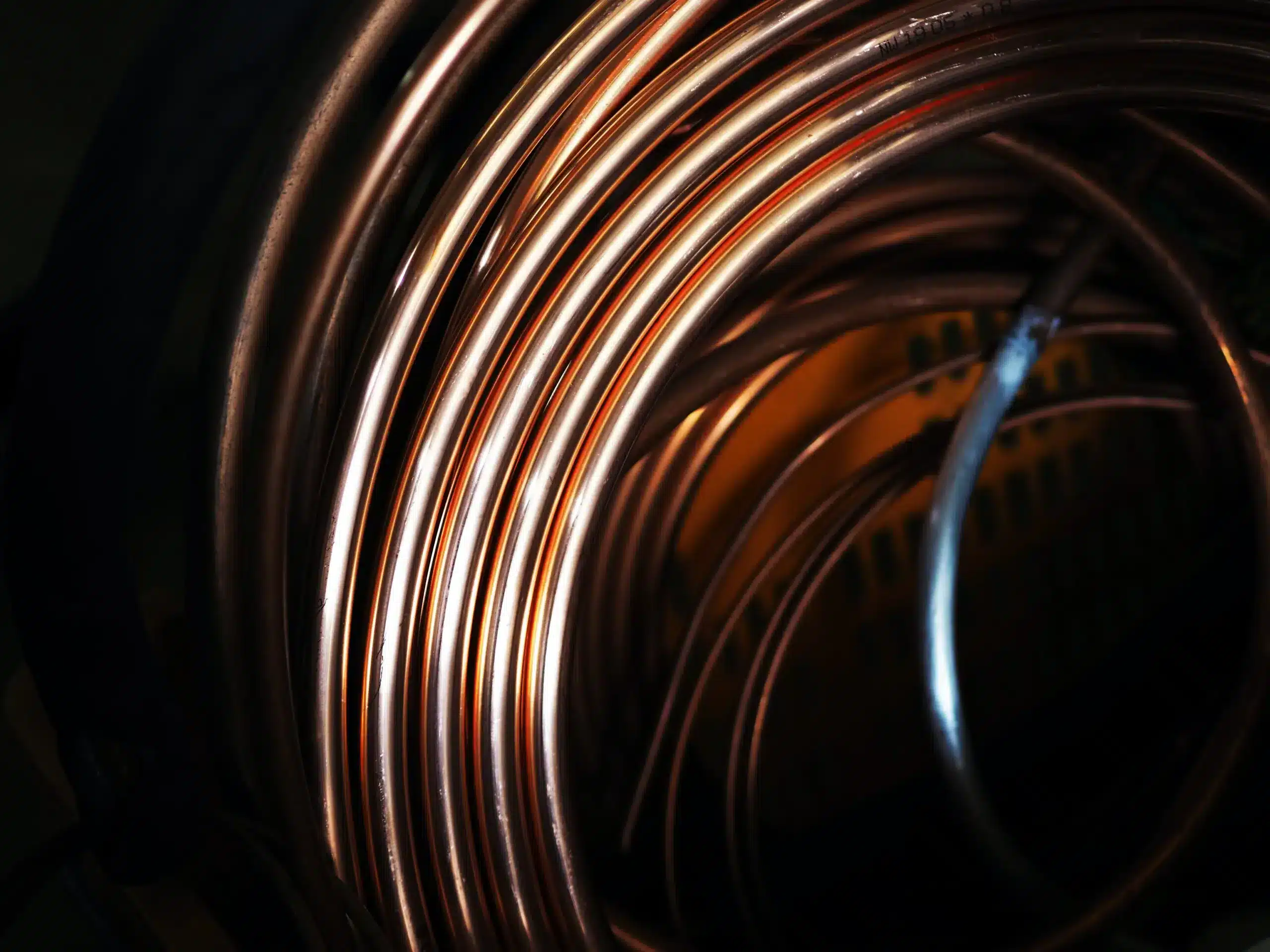A Lesson In The Most Important Commodity In The World: Copper
With numerous uses in electronics, building, transportation, and other fields, copper is one of the most significant metals in the world. As a result, copper mining and production have grown to be essential businesses that boost economies and provide jobs in places all over the world.

The practice of copper mining has a long history; evidence of it may be found in the works of ancient Greek, Roman, and Egyptian civilizations. Copper mining in the United States started in the Upper Peninsula of Michigan in the early 1800s and spread to other areas in the late 1800s, including Arizona, Utah, and Montana.
With Chile, Peru, China, the United States, and Australia among the top copper-producing nations, copper mining is now a worldwide industry. From exploration and deposit finding to extraction, processing, and refinement, there are multiple steps in the copper mining process.
Copper deposit exploration and discovery usually entail geological testing and surveys, frequently utilizing cutting-edge technologies such as remote sensing and 3D modeling. Following the discovery of a copper deposit, the mining procedure can begin.
Extraction, which can be accomplished by open-pit or underground mining, is the initial stage of copper mining. In open-pit mining, the ore is broken up by blasting and drilling after the overburden—the rock and dirt that covers the copper deposit—is removed. In underground mining, the copper deposit is accessed by shafts and tunnels, and ore is recovered using blasting and drilling methods.
Following extraction, the ore is crushed and ground to separate the copper from other minerals and materials in the processing phase of copper mining. This usually entails the use of flotation cells, grinders, and crushers, which use froth flotation to separate the copper from other minerals.
Smelting and refining are the steps used to refine copper once it has been separated from other minerals. High temperatures are applied to the copper concentrate during the smelting process, which melts the copper and separates it from impurities like iron and sulfur. After that, the molten copper is formed into bars or ingots for additional processing.
Refining is the process of further purifying copper by electrolysis or chemical treatment. This yields superior copper suitable for a variety of uses, including construction and electronics.
Numerous industries, including electronics, transportation, and construction, are the main drivers of the need for copper. Copper is utilized in building for wiring, roofing, plumbing, and other purposes, and in transportation for radiators, wiring, and other parts. Copper is utilized in circuit boards, wiring, and other electronics applications.
Growing demand from developing nations like China and India, along with the expansion of renewable energy technologies like solar panels and wind turbines, have drove up the demand for copper globally in recent years. Utilized in the wiring and parts of wind turbines, solar panels, and electric cars, copper is an essential component of renewable energy technology.
Due to this increasing need, copper mining has grown to be a significant sector in many parts of the world, bringing jobs and economic development to local communities everywhere. However, there are also social and environmental effects of copper mining, including worries about land use, community dislocation, and contamination of the air and water.
Many copper mining firms have responded to these concerns by minimizing their influence on the environment and nearby people through the implementation of environmental management systems and sustainable practices. This covers actions like recycling and water conservation, mining site reclamation and restoration, and community input and engagement.
All things considered, copper mining is an essential sector that supplies essential metals for a variety of uses, ranging from electronics and renewable energy to building and transportation. Although copper mining has negative effects on the environment and society, ethical mining methods can reduce these effects and guarantee that copper mining will continue to produce benefits.
Recent Posts

Google’s developments in AI. Greetings from the Gemini Era

The UAE Introduces a New AI System to Take on Big Tech Companies

Jeep Unveils North America’s First EV


Apple Keeps Advancing in Financial Products


